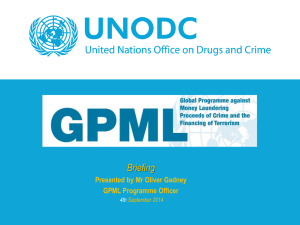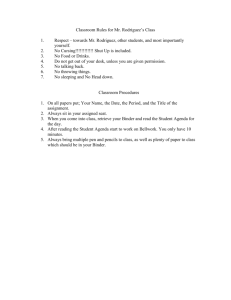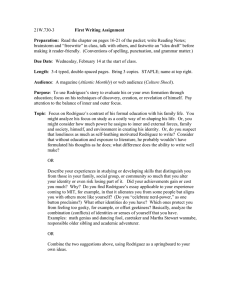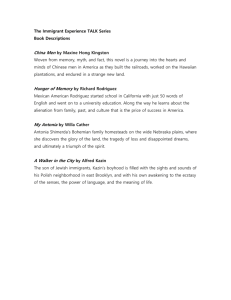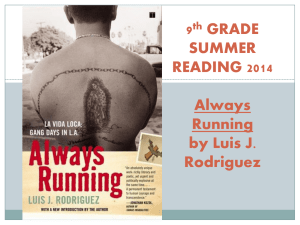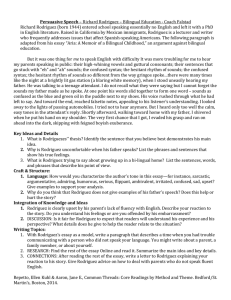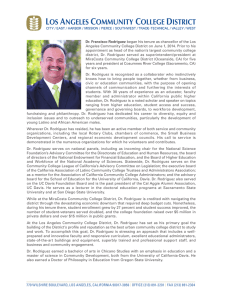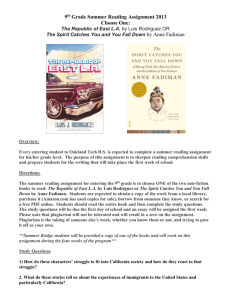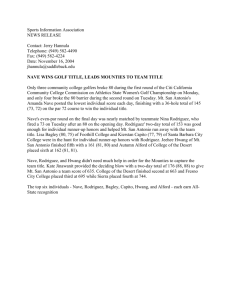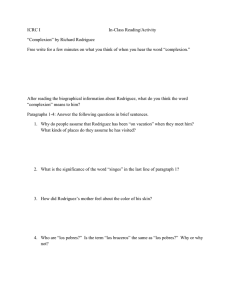Melting Pot interview
advertisement
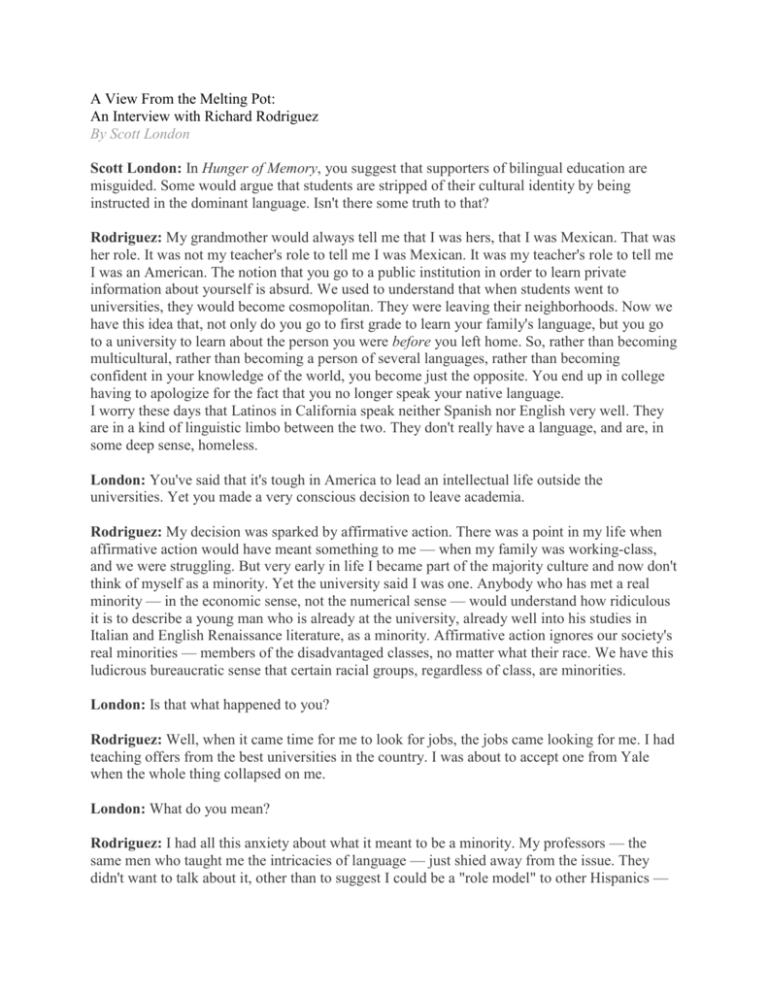
A View From the Melting Pot: An Interview with Richard Rodriguez By Scott London Scott London: In Hunger of Memory, you suggest that supporters of bilingual education are misguided. Some would argue that students are stripped of their cultural identity by being instructed in the dominant language. Isn't there some truth to that? Rodriguez: My grandmother would always tell me that I was hers, that I was Mexican. That was her role. It was not my teacher's role to tell me I was Mexican. It was my teacher's role to tell me I was an American. The notion that you go to a public institution in order to learn private information about yourself is absurd. We used to understand that when students went to universities, they would become cosmopolitan. They were leaving their neighborhoods. Now we have this idea that, not only do you go to first grade to learn your family's language, but you go to a university to learn about the person you were before you left home. So, rather than becoming multicultural, rather than becoming a person of several languages, rather than becoming confident in your knowledge of the world, you become just the opposite. You end up in college having to apologize for the fact that you no longer speak your native language. I worry these days that Latinos in California speak neither Spanish nor English very well. They are in a kind of linguistic limbo between the two. They don't really have a language, and are, in some deep sense, homeless. London: You've said that it's tough in America to lead an intellectual life outside the universities. Yet you made a very conscious decision to leave academia. Rodriguez: My decision was sparked by affirmative action. There was a point in my life when affirmative action would have meant something to me — when my family was working-class, and we were struggling. But very early in life I became part of the majority culture and now don't think of myself as a minority. Yet the university said I was one. Anybody who has met a real minority — in the economic sense, not the numerical sense — would understand how ridiculous it is to describe a young man who is already at the university, already well into his studies in Italian and English Renaissance literature, as a minority. Affirmative action ignores our society's real minorities — members of the disadvantaged classes, no matter what their race. We have this ludicrous bureaucratic sense that certain racial groups, regardless of class, are minorities. London: Is that what happened to you? Rodriguez: Well, when it came time for me to look for jobs, the jobs came looking for me. I had teaching offers from the best universities in the country. I was about to accept one from Yale when the whole thing collapsed on me. London: What do you mean? Rodriguez: I had all this anxiety about what it meant to be a minority. My professors — the same men who taught me the intricacies of language — just shied away from the issue. They didn't want to talk about it, other than to suggest I could be a "role model" to other Hispanics — when I went back to my barrio, I suppose. I came from a white middle class neighborhood. The embarrassing truth of the matter was that I was being chosen because Yale University had some peculiar idea about what my skin color or ethnicity signified. Who knows what Yale thought it was getting when it hired Richard Rodriguez? The people who offered me the job thought there was nothing wrong with that. I thought there was something very wrong. I still do. I think racebased affirmative action is crude and absolutely mistaken. London: I noticed that some university students put up a poster outside the lecture hall where you spoke the other night. It said "Richard Rodriguez is a disgrace to the Chicano community." Rodriguez: I sort of like that. I don't think writers should be convenient examples. I don't think we should make people feel settled. There should be something about my work that leaves the reader unsettled. I intend that. The notion of the writer as a kind of sociological sample of a community is ludicrous. Even worse is the notion that writers should provide an example of how to live. Virginia Woolf ended her life by putting a rock in her sweater one day and walking into a lake. She is not a model of how I want to live my life. On the other hand, the bravery of her syntax, of her sentences, written during her deepest depression, is a kind of example for me. But I do not want to become Virginia Woolf. That is not why I read her. London: What's wrong with being a role model? Rodriguez: The popular idea of a role model implies that an adult's influence on a child is primarily occupational, and that all a black child needs is to see a black doctor, and then this child will think, "Oh, I can become a doctor too." I have a good black friend who is a doctor, but he didn't become a doctor because he saw other black men who were doctors. He became a doctor because his mother cleaned office buildings at night, and because she loved her children. She grew bowlegged from cleaning office buildings at night, and in the process she taught him something about courage and bravery and dedication to others. I became a writer not because my father was one — my father made false teeth for a living. I became a writer because the Irish nuns who educated me taught me something about bravery with their willingness to give so much to me.
